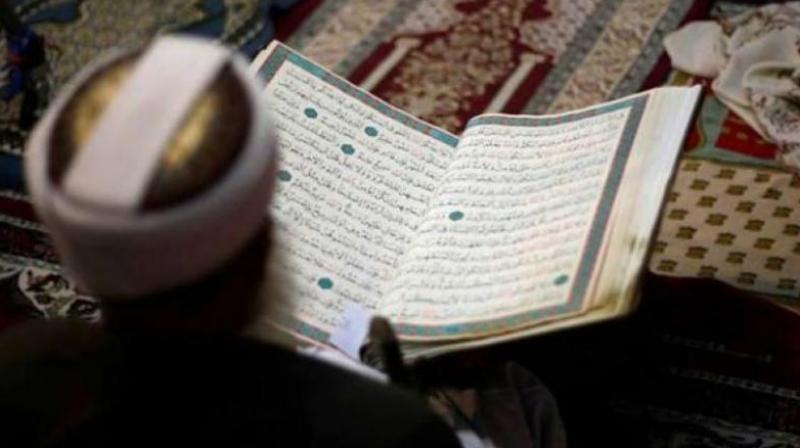Mystic Mantra: The last sermon of Prophet Muhammad

As you read these lines, 1.6 billion Muslims across the world, from Morocco to Jakarta, will be paying homage to the Prophet Muhammad on his birthday. This day, 1,428 years ago, the Prophet delivered the historic Last Sermon to an audience of 1,44,000 pilgrims at Mount Arafat, 20km east of Mecca The sermon consists of summarized exhortations based on some core teachings of the Qur’an and sunnah (Prophetic practices).It captures the ethos of Islam and provides a great lens to view the religion through. Some of his advices have become the fundamental touchstones of the Islamic faith. Muslims use the occasion as a propitious time to rededicate themselves to the universal human values such as sacredness of life and property, equality, justice, peace, forgiveness, non-violence, women’s rights, the pillars of Islam and more. Upon these lofty universal values, the religion of Islam was built. The Prophet died after unifying Arabia and his lifelong declared love of learning protected and contributed to classical knowledge and continued the tradition of Persian scholarship during the dark ages of Christendom.
The content of the message was powerful and intense, and the Prophet began by stating that he did not know whether he would meet the pilgrims again “in this place after this year”. After praising God and declaring the basic creed, “There is no deity but Allah and Muhammad is His Messenger,” he went on to speak on various themes. He then reminded them of the sacred character of the place and month, as well as of that of their lives, their honour, and their belongings. He explained that the period of ignorance had come to an end, and so had its practices, its rivalries, and its conflicts based on power and profit. Henceforth, all Muslims were united by faith, fraternity and love, which were to transform them into witnesses of Islam’s message. They were to learn of the equality of all people in front of God and the desired humility because, he said “You all descend from Adam and Adam was created from dirt. The most noble in the sight of God is the most pious. No Arab is superior to a non-Arab, except by their intimate consciousness of God [piety].”
The Prophet reminded all Muslims to treat their wives gently and added: “Be intimately conscious of God as regards women, and strive to be good to them.” He reiterated the need for tolerance to people of all denominations: “...an Arab has no superiority over a non-Arab, nor a non-Arab has any superiority over an Arab; also a White has no superiority over a Black, nor a Black has any superiority over White except by piety and good action.” Concluding the sermon, the Prophet said, “You will be questioned about me (on the Day of Judgment). What answer will you give?” They replied, “We will bear witness that you conveyed to us what you were entrusted with….” The Prophet then pointed towards the people and said, thrice: “O Lord bear witness!” O God, be my witness! …. And let whoever is present convey this message to whoever is absent.” A few hours later, the revelation came down: “…This day have I perfected your religion for you, completed My Grace upon you, and have chosen Islam for you as your religion…” (Quran 5:3).

